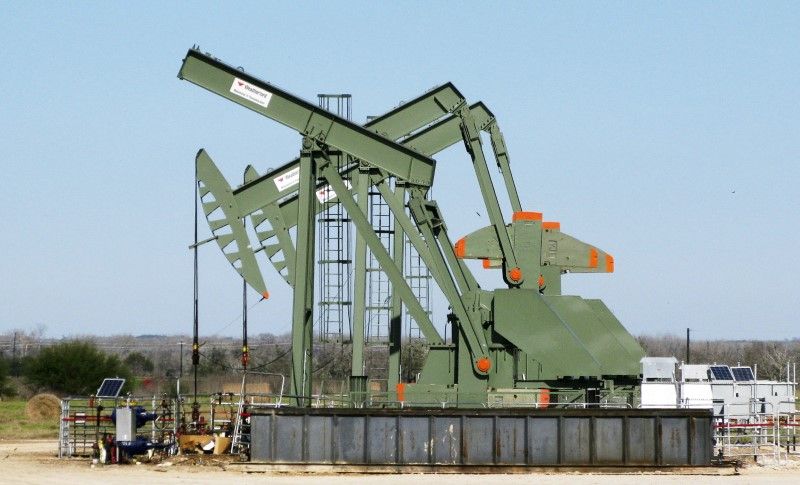Oil futures jumped more than 2 percent to a one-month high on Friday after the US launched an attack on Syrian airbase leaving repercussions on global markets and raising concerns in the oil-rich region.
Oil, gold, foreign exchange, German and US 10-year bonds, all reacted strongly to the air strikes. US West Texas Intermediate (WTI) crude futures (CLc1) climbed 85 cents at $52.55 a barrel, having reached an intra-day high of $52.94 a barrel. Brent crude futures (LCOc1) grew by 88 cents at $55.77 a barrel, marking the highest since March 8, after reaching $56.08 a barrel right following the night air strikes were announced.
US President Donald Trump stated he had ordered missile strikes against a Syrian airfield from which a fatal chemical weapons attack was launched earlier this week, affirming he acted in America’s “national security interest” against Syria’s head of regime Bashar al-Assad.
“Oil markets are back in a bullish mode after the setback of the previous weeks. This news flow seems to bring geopolitical risks back on the radar,” said Frank Klumpp, oil analyst at Stuttgart-based Landesbank Baden-Wuerttemberg.
Although Syria has limited oil production, but its location in the Middle East and alliances with big oil producers raised worries about spreading conflict that could disrupt crude shipments.
The strikes also distressed global markets. While safe-haven products like gold jumped, stock markets and the US dollar fell.
“Outside of the energy sector, investors have been moving into defensive sectors today, particularly utilities and gold miners,” said Gary Huxtable of Australia’s Atlantic Pacific Securities.
Oil markets stay overprovided, despite efforts led by the Organization of the Petroleum Exporting Countries to cut supplies to prop up prices.
Other analysts were more cautious, saying the conflict in Syria had no bearing on oil fundamentals.
